Plants naturally adapt to thrive in challenging environments. Spontaneous natural mutations create new traits, such as drought tolerance and disease resistance, that can help plants thrive.
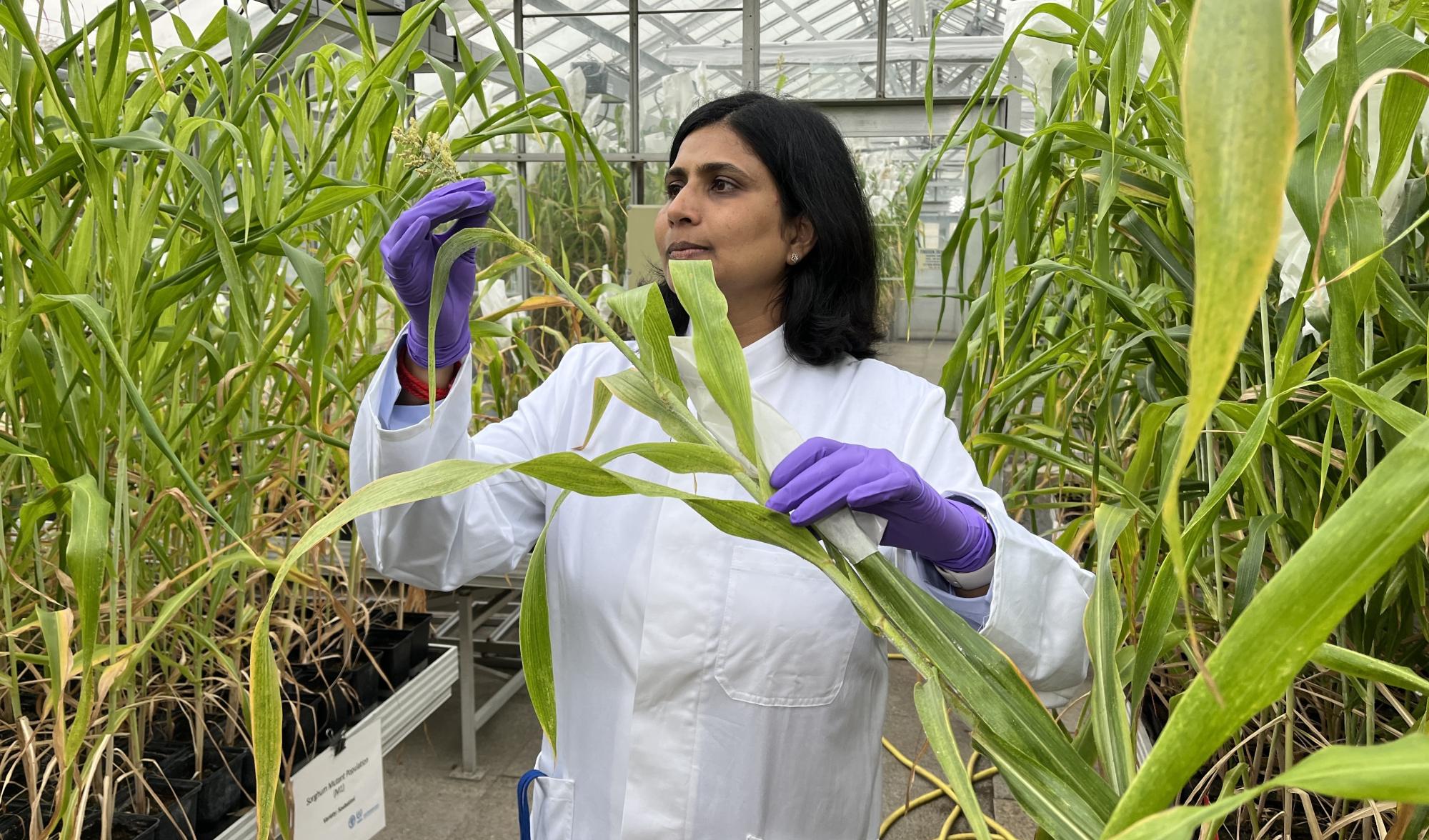
Scientists are researching a method of sowing seeds in space to adapt to climate change. Photo: CNN
However, agriculture is extremely vulnerable to the impacts of changing climatic conditions, with climate change posing major challenges for agriculture. And now scientists are turning to space to find solutions to these challenges.
In 2022, joint laboratories of the International Atomic Energy Agency (IAEA) and the Food and Agriculture Organization of the United Nations (FAO) sent seeds on a trip to the International Space Station (ISS).
The program's goal is to create genetic mutations in seeds through exposure to space radiation and microgravity, which could help develop resilient crops capable of thriving in the face of the escalating climate crisis.
Seeds from a cereal and a cress variety spent several months on the ISS before being returned to Earth for analysis this April. Screening will begin to identify favorable traits in the mutant seeds.
Shoba Sivasankar, head of the Plant Genetics and Breeding Section of the Joint FAO/IAEA Centre for Nuclear Techniques in Food and Agriculture, explains that scientists can artificially induce plant mutations on Earth using gamma rays and X-rays.
However, the space environment, which provides a wider spectrum of radiation and extremes such as microgravity and temperature fluctuations, is likely to induce other, more rapid genetic changes than those typically observed with terrestrial radiation sources.
“In space, the stress that an organism would experience would be at its highest level and far beyond anything that we can actually simulate on Earth,” Sivasankar explains. She adds that radiation outside the ISS could be “hundreds of times higher” than the natural radiation that might be present on Earth.
By selectively breeding plants grown from mutant seeds, Sivasankar and her team hope to create new crop varieties.
Scientists have been sending seeds into space for decades. China has been using space radiation to induce genetic mutations in crops since the 1980s, exposing seeds to cosmic radiation via satellites and high-altitude balloons, which is said to have facilitated the production of giant sweet peppers and improved the quality of wheat and rice.
It is the hope of finding solutions to agriculture on Earth that is motivating Sivasankar, and the IAEA says initial results from their research could emerge later this year.
“I really feel hopeful about the future of food security, because technology is at the forefront,” she said. “But food security is not just about genetics – we need a combination of all technologies and everyone needs to collaborate and work together.”
Mai Anh (according to CNN)
Source


![[Photo] Panorama of the cable-stayed bridge, the final bottleneck of the Ben Luc-Long Thanh expressway](https://vphoto.vietnam.vn/thumb/1200x675/vietnam/resource/IMAGE/2025/9/30/391fdf21025541d6b2f092e49a17243f)
![[Photo] The 1st Congress of Phu Tho Provincial Party Committee, term 2025-2030](https://vphoto.vietnam.vn/thumb/1200x675/vietnam/resource/IMAGE/2025/9/30/1507da06216649bba8a1ce6251816820)
![[Photo] President Luong Cuong receives President of the Cuban National Assembly Esteban Lazo Hernandez](https://vphoto.vietnam.vn/thumb/1200x675/vietnam/resource/IMAGE/2025/9/30/4d38932911c24f6ea1936252bd5427fa)

![[Photo] General Secretary To Lam, Secretary of the Central Military Commission attends the 12th Party Congress of the Army](https://vphoto.vietnam.vn/thumb/1200x675/vietnam/resource/IMAGE/2025/9/30/9b63aaa37ddb472ead84e3870a8ae825)
![[Photo] Solemn opening of the 12th Military Party Congress for the 2025-2030 term](https://vphoto.vietnam.vn/thumb/1200x675/vietnam/resource/IMAGE/2025/9/30/2cd383b3130d41a1a4b5ace0d5eb989d)






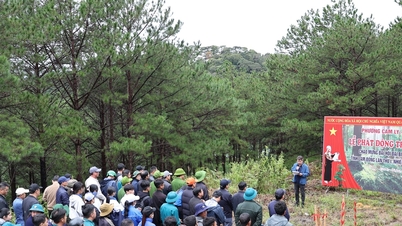



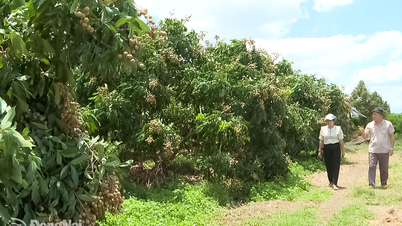

































































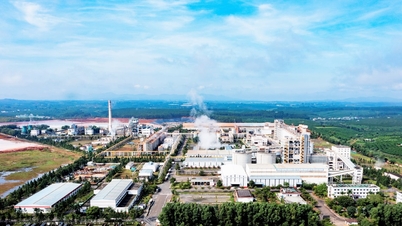


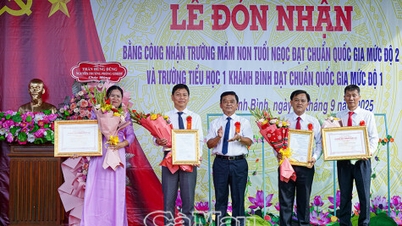



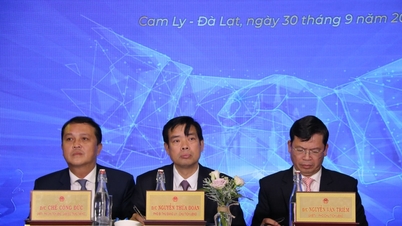
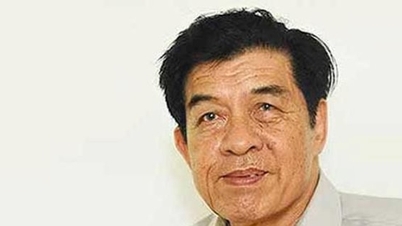












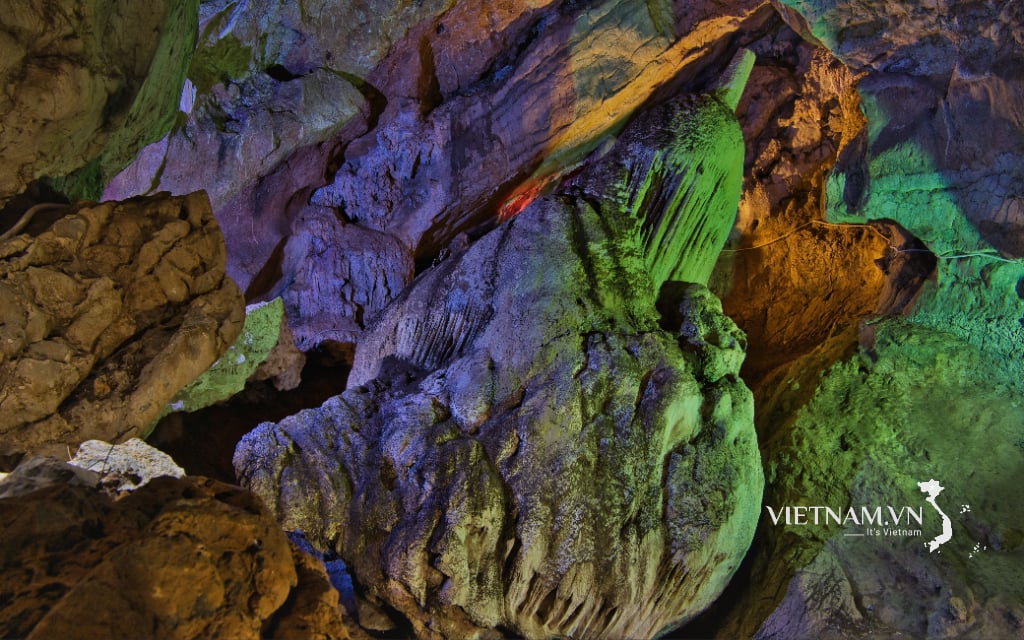
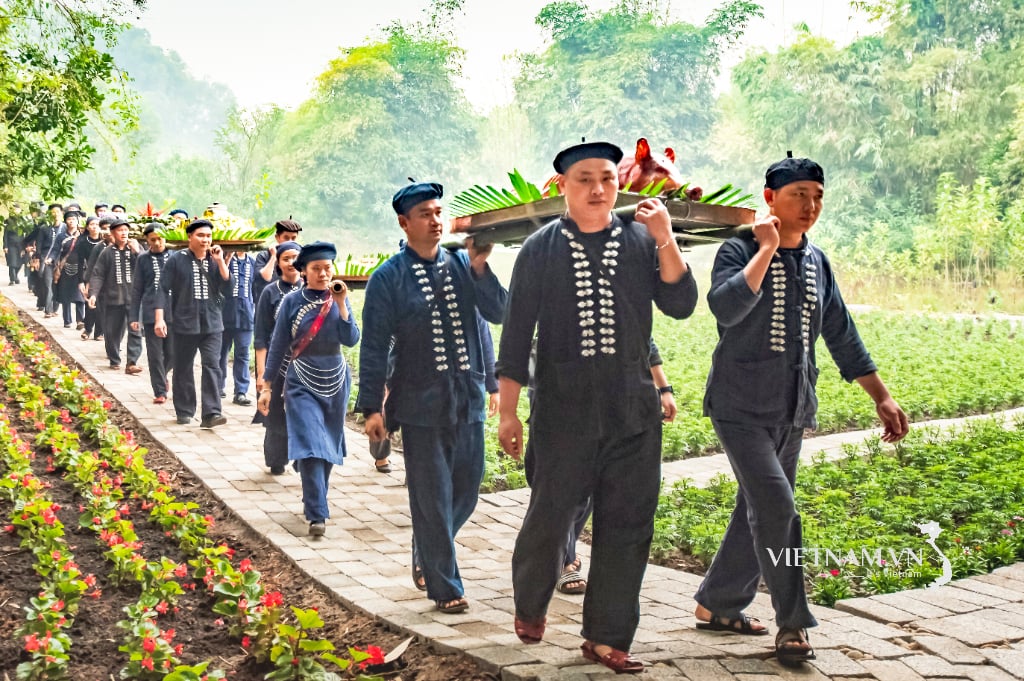

Comment (0)